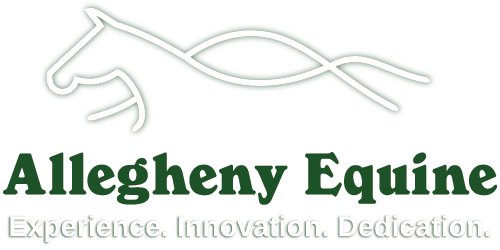What is Acupuncture?
December 18, 2014Body Condition Score Chart
December 31, 2014“How do you feed your horse?” Most horse owners when asked about their horse’s diet give one of several answers:
A.) My horse just gets hay/pasture, they are too fat to need grain
B.) My horse get hay/pasture and some grain
C.) My horse gets hay/pasture, grain and a variety of supplements for “added benefit.”
When questioned further on how they determined appropriate quantities of grain, forage (hay or pasture) and the particular supplement, the answers become much more blurry and confusing. In this horse diet discussion we would like to start delving into the world of nutrition by trying to help owners learn more about appropriate feeding and supplementation of selenium and vitamin E. As much as we would like it to be easy and every horse have the same need, this just isn’t correct.
So what’s up with Selenium and Vitamin E?
What are they?
 Selenium is an important trace mineral that acts as an antioxidant in the body. Antioxidants are molecules that function to protect the body’s cell membranes from being destroyed by free radicals, which are byproducts of normal oxygen metabolism. Selenium works synergistically with vitamin E, another important antioxidant and both are important for many functions throughout the body.
Selenium is an important trace mineral that acts as an antioxidant in the body. Antioxidants are molecules that function to protect the body’s cell membranes from being destroyed by free radicals, which are byproducts of normal oxygen metabolism. Selenium works synergistically with vitamin E, another important antioxidant and both are important for many functions throughout the body.
Where do they come from?
Both selenium and vitamin E can be found in varying levels in the forages, pastures, grains and supplements that our horses eat. However, some regions such as Western Pennsylvania, have selenium deficient soil which means that the hays and grains grown in our area can vary widely in selenium but are generally on the low side. Most commercial grains do contain a level of selenium but this varies widely and is dependent on the amount being fed to the horse daily.
So if we are in a deficient area should we just supplement?
Unlike many minerals and vitamin E, which are safe even in excess, selenium has a very narrow safety range in the horse. Either a deficiency or an excess of selenium can cause problems in the horse. We must be careful about supplementation as we risk selenium toxicity if we add too much to our horse’s diet.
What are signs of inappropriate Selenium levels?
Signs of Selenium deficiency may include muscle disease and wasting (frequently perceived as weight loss), impaired movement or difficulty getting up, difficulty swallowing, coughing when eating, respiratory distress and impaired heart function. Signs of selenium toxicity can be mild, including changes in hair coat and loss of mane and tail and cracked hooves, to severe toxicity, including patchy sweating, blind staggering, signs of colic, respiratory and heart dysfunction, gait abnormalities or death.
How do we test for Selenium and Vitamin E levels?
The best way to determine your horse’s status is to test their blood for levels of selenium and vitamin E. Because these two work together, we generally test for them both together. From these results your vet can determine if supplementation is necessary or if we are over supplementing.
How can we supplement?
Both antioxidents can be supplemented via injectable, intramuscular shots or oral supplementation. Which route is used is determined by the level of deficiency and clinical signs of the horse.
What is the take home message?
Equine nutrition isn’t always as easy as 2 flakes of hay and a scoop of oats. Horses’ needs vary widely and the caloric content, nutritional content and fiber content can vary widely depending on your horse’s diet. An inappropriate diet, either lacking or containing excess minerals, can cause health issues in the horse. At your next wellness check consider scheduling extra time for a nutritional consultation. If your horse is having muscle or wellness issues as described above you many want to discuss with your veterinarian about the possibility that Selenium or Vitamin E are playing a role in your horse’s issues.
If you have questions or concerns please do not hesitate to speak with one of our veterinarians.
